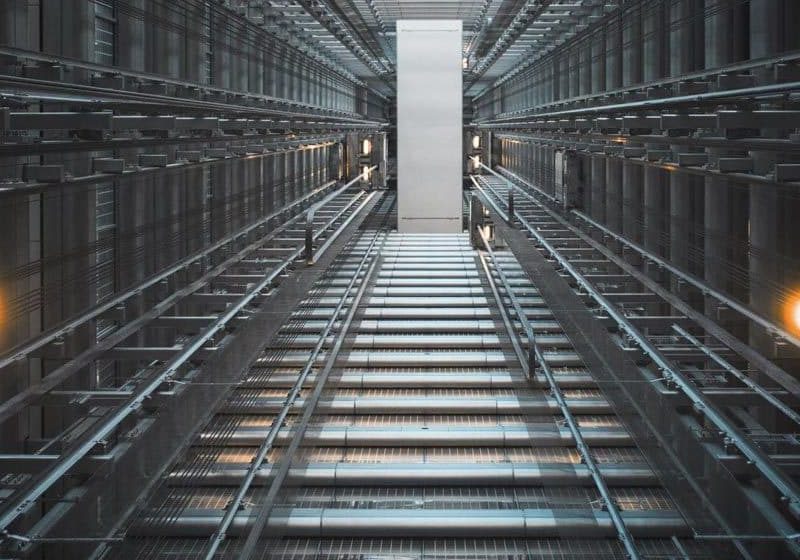Supply Chains and Jugaad
Dec 1, 2021

I am going to talk about supply chains this month. It was certainly a topic of conversation at the recent National Association of Elevator Contractors (NAEC) convention — by suppliers and contractors alike. Global supply chain slowdowns provide uncertainty in delivery dates and pricing for any number of products and materials essential to our industry, like wood, rubber, plastic, computer chips, aluminum and steel.
Evidently, we live in an era of steel. The U.S. produces about 72 million metric Tons (mT) of it a year, but that is only a fraction of what is needed in our modern society. Steel is in buildings, vehicles, desks and vertical transportation (VT). China and India are the main producers of steel, at 1.053 billion mT and 99 million mT, respectively. Unless it can be produced by some other method than coal-fed heat, both countries may cut back on it to reach carbon neutrality by 2050 or 2060. Prices are at extreme levels now, up 200% in July this year. Inflation may ease in some areas, but steel, probably not.
Steel producers are thinking about long-term sustainability and are working to make fossil-fuel-free steel a reality by completely removing coal from the metallurgical process. Recently, the U.S. and the European Union agreed that “dirty steel” made in China and India would be restricted from their markets. Ironically, steel is infinitely recyclable. Regardless of the grade or application, steel can always be recycled, with new steel products containing 30% recycled steel. Much of it is needed to build solar and wind farms that will replace carbon-heavy electrical sources. One producer has developed and tested a new water-atomized steel powder designed for 3D printing applications. The metal dust delivers mechanical properties superior to conventional metal manufacturing techniques, paving the way for advances in using 3D printing technology for metal parts. Note — this is not just futuristic hocus pocus: 100 homes in Austin, Texas, will be squeezed out using a 15-ft-tall 3D printer beginning early next year. And, in our own industry, Schindler partnered with an additive manufacturing solutions provider to use 3D printing to design an elevator, thereby reducing weight and materials.
While perusing the last edition of ELEVATOR WORLD India, I came upon the word “Jugaad.” The source of this word is Indian, and it means a mentality or flexible approach to problem-solving in adversity or with limited resources. Adversity describes exactly what we are going through right now, and we need some jugaad to solve it.
This month we celebrate the ELLIES Awards. This competition for excellence in the North American elevator industry was announced live online, and many of the awards were given out in person at NAEC’s convention in New Orleans, or, in one case, hand-delivered in Tennessee.
Several events were held in person recently, and EW was there:
NAEC NOLA by Kaija Wilkinson. The contractors’ convention and supplier exposition in New Orleans was definitely smaller than in a normal year, but those who were there were soooo glad to see each other after two years. It paved the way for a normal event in 2022 in Louisville.
Back in Action by Lindsay Fletcher. NAESA International celebrated its 50-year anniversary with a two-day program in Lake Geneva, Wisconsin. About 200 enjoyed a packed program of education specifically for inspectors.
Our focus this month is on Escalators and Moving Walks. Three technical papers were submitted and were joined by our historian, Dr. Lee Gray, who writes about The Montmorency Escalator in Le Havre, an early 20th century French system, and a continuing-education article on Chains in the VT Industry by Ken Smith. Plus, DOPPLER’s The Stairways of Ambato show the customized VT that enhanced accessibility in one Ecuadorian neighborhood.
It’s a fully packed issue to end our year. Have a wonderful holiday season, and we will see you in the New Year.
Get more of Elevator World. Sign up for our free e-newsletter.









